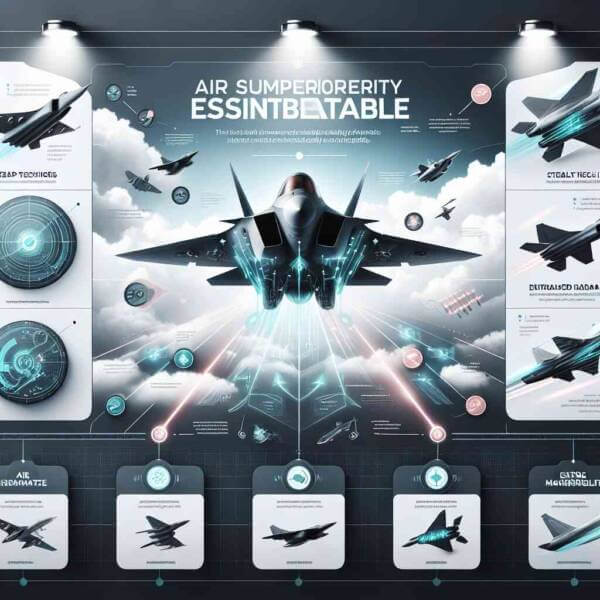Exploring Military Aviation: Strategic Importance Today
Exploring Military Aviation: Strategic Importance Today
Blog Article

Military aviation is a cornerstone of modern defense strategies around the world.
Today, military aviation encompasses a wide range of missions, from fighter jets and bombers to surveillance drones and transport planes.
How Military Aviation Began
As technology advanced, airplanes were adapted for air-to-air battles, altering battlefield dynamics.
Important events in the evolution of military aviation:
- The introduction of fighter planes and bombers
- World War II advancements
- Rapid development of jet technology
- Remote operations changing the face of conflict
Each era brought innovative strategies that redefined military capabilities.
Main Categories of Military Aviation
Military aviation includes a variety of aircraft, each designed for specific missions.
Common categories of military aircraft are:
- Planes built for speed and agility
- Aircraft for long-range attacks
- Planes used to move troops and equipment
- Unmanned aircraft for intelligence gathering
Each type plays a key part in military operations, from striking enemy targets.
Importance of Air Superiority
Air superiority is crucial for achieving military success.
Strategic advantages of air dominance:
- Providing close air support
- Disrupting enemy supply lines
- Early warning and real-time data
- Boosting morale
Nations with strong military aviation capabilities can control conflicts.
Advancements Shaping the Future
Constant research and development open new possibilities for future warfare.
Cutting-edge developments:
- Low-visibility planes
- Hypersonic weapons
- Autonomous drones
- New forms of aerial weaponry
These advancements increase survivability for air forces worldwide.
Risks and Limitations
From high costs to geopolitical tensions, the road to air dominance is a constant battle.
Key challenges include:
- Expensive research and operations
- Short life cycles for cutting-edge aircraft
- Cybersecurity threats
- New debates about AI in warfare
Addressing these challenges is essential for maintaining air power.
Where Military Aviation is Heading
Nations will continue investing in next-generation aircraft to maintain strategic advantages.
Expected advancements:
- Autonomous mission planning
- Space as the next battlefield
- Developing sustainable aviation technology
- Joint defense projects
The next era of military aviation will redefine defense.
Conclusion
Its history, present achievements, and future possibilities showcase technological excellence.
As technology continues to evolve, the skies will remain a frontline of innovation where military aviation check here protects nations.
The future of military aviation is limitless — and it’s only just beginning. Report this page